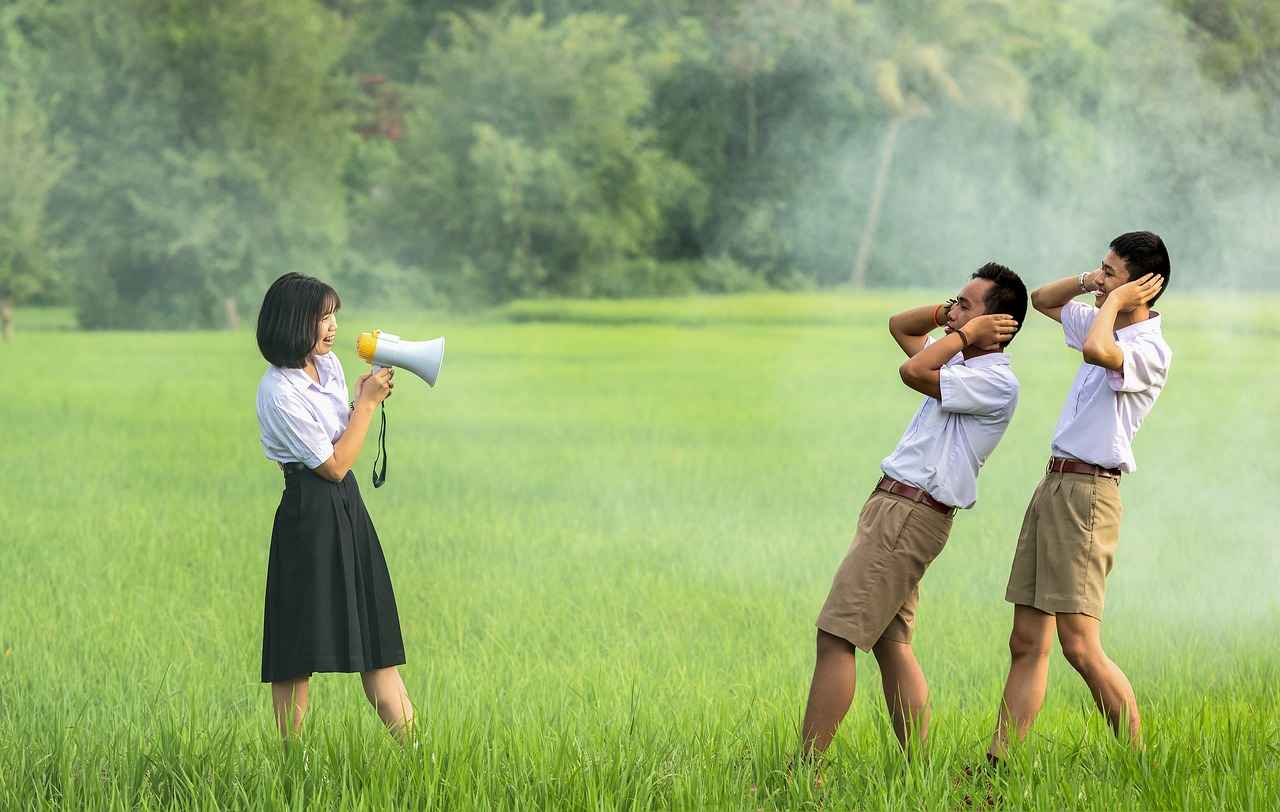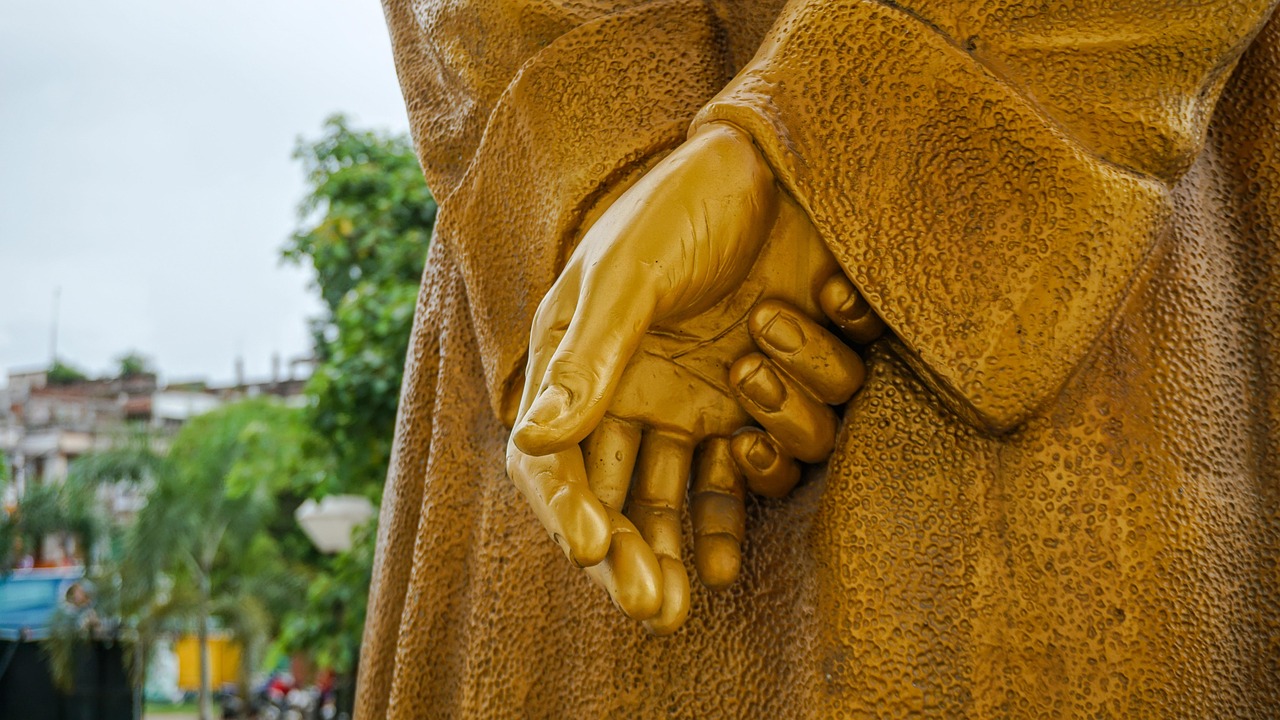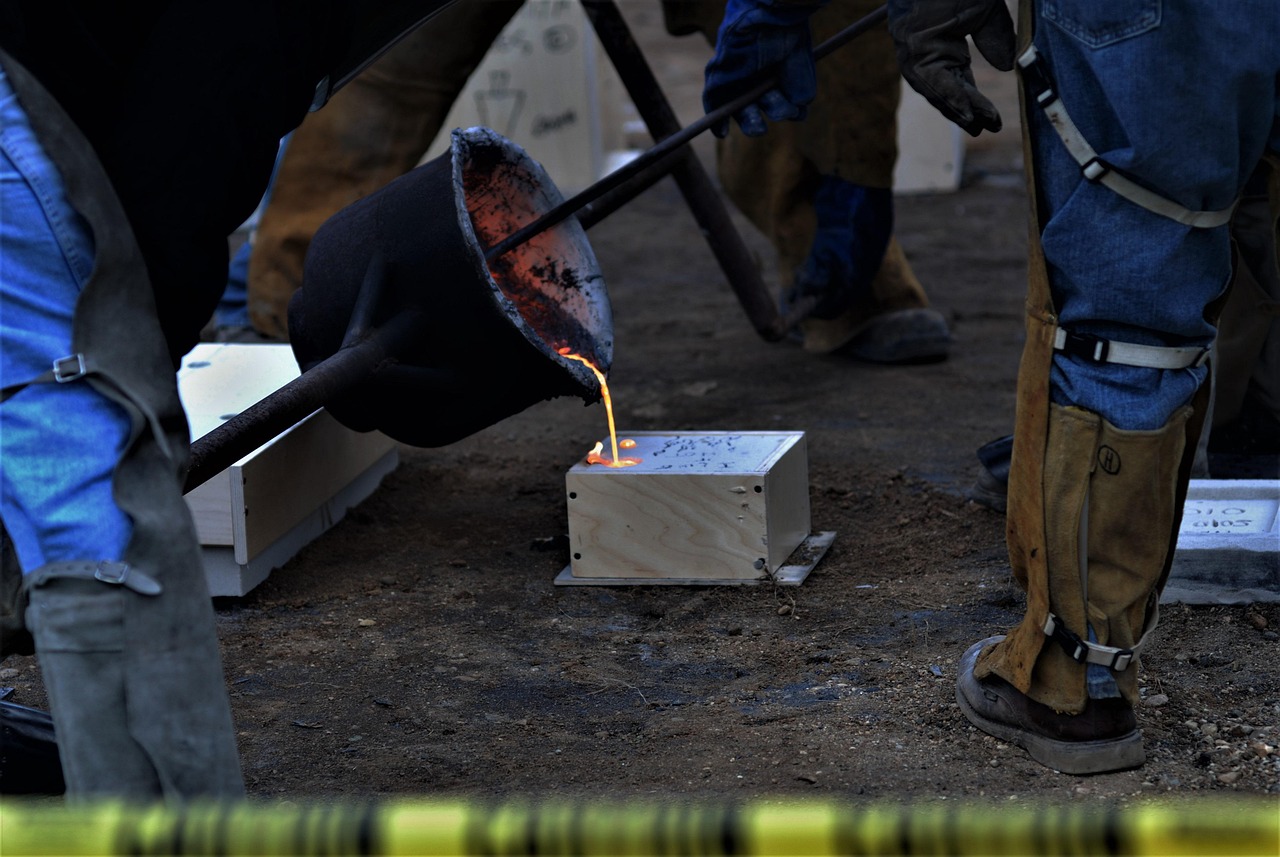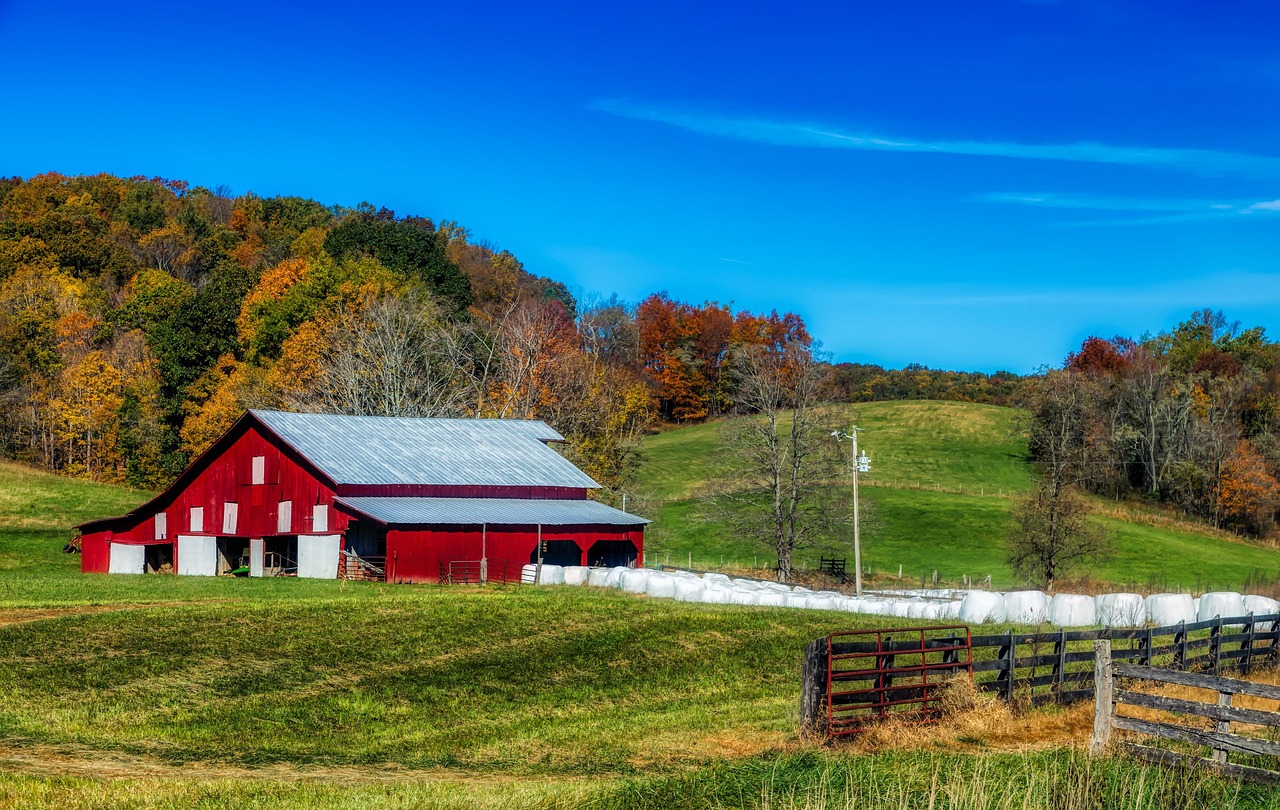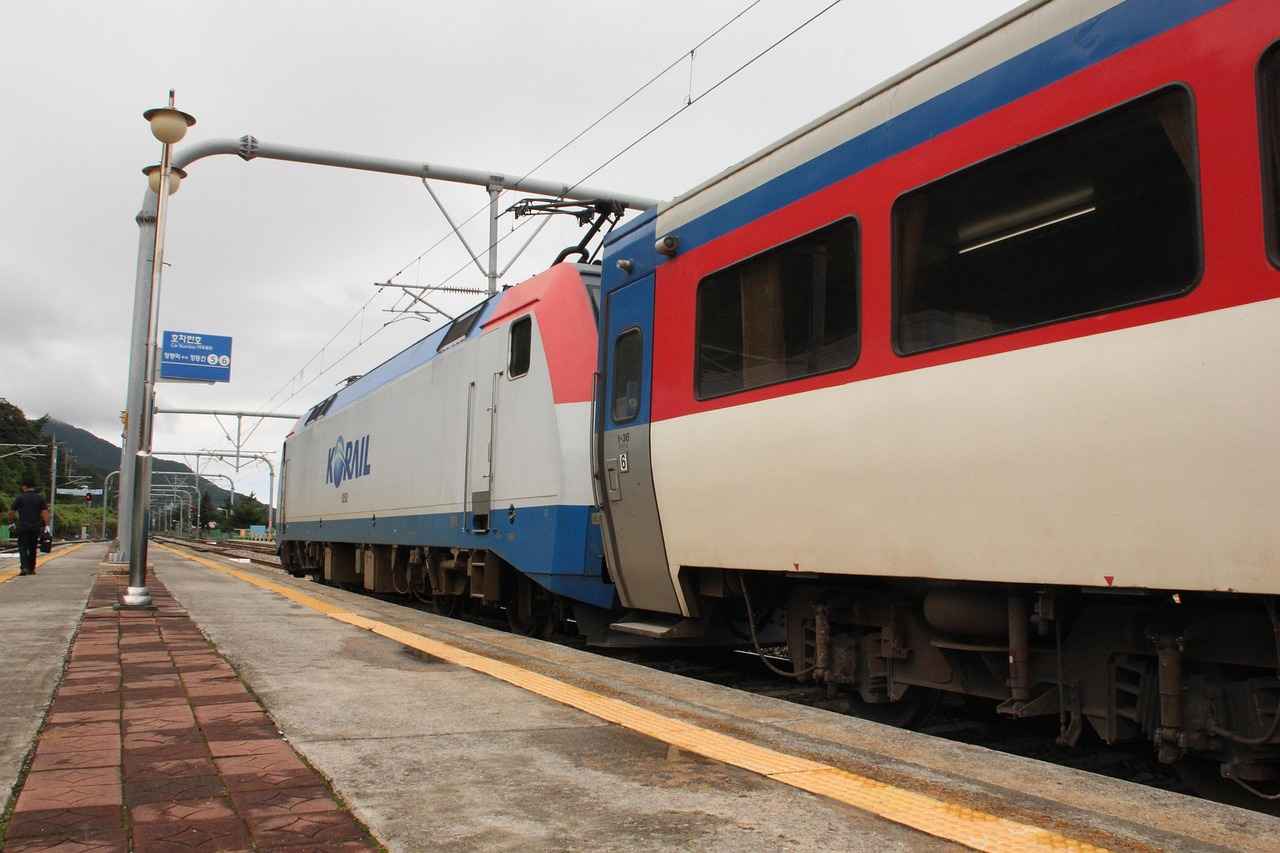This article explores the most recent developments regarding the lockdown in West Bengal, providing comprehensive insights and updates for residents and those interested in the region’s response to the ongoing situation.
Current Lockdown Status in West Bengal
As of now, West Bengal is implementing targeted lockdown measures to effectively curb the spread of COVID-19. It is essential for both residents and travelers to stay informed about the current status to ensure compliance with regulations.
Key Restrictions and Guidelines
The government has laid out several restrictions aimed at safeguarding public health. Below are the essential guidelines that residents must adhere to during the lockdown:
- Mandatory wearing of masks in public spaces.
- Social distancing protocols must be followed.
- Gatherings are limited to a specific number of individuals.
Curfew Hours and Movement Restrictions
Curfew hours have been established to limit movement during designated times. The current curfew is from 10 PM to 5 AM, with exceptions for essential services.
Essential Services and Exemptions
Certain services are exempt from lockdown restrictions, including:
- Healthcare services
- Food supply and delivery
- Emergency services
Public Transport Availability
The lockdown has significantly affected public transport systems. Buses and trains are operating at reduced capacity, and residents are encouraged to use personal vehicles whenever possible.
Health and Safety Protocols
Health protocols are paramount during the lockdown. Residents are advised to:
- Regularly sanitize hands.
- Avoid crowded places.
- Monitor health conditions closely.
Impact on Daily Life and Economy
The lockdown has profound implications for daily life and the economy in West Bengal. Various sectors, including retail and hospitality, are facing challenges due to these restrictions.
Education Sector Adjustments
Educational institutions have swiftly adapted to the lockdown by enhancing remote learning capabilities. Schools and colleges are utilizing online platforms to engage students effectively.
Community Response and Initiatives
Local communities have mobilized to support those in need during the lockdown. Volunteer networks are working tirelessly to provide assistance to vulnerable populations.
Future Outlook and Predictions
As the situation evolves, experts predict that a gradual lifting of restrictions may occur, contingent on vaccination rates and public health metrics. The ongoing vaccination rollout is a critical factor in determining the future of lockdown measures.

Current Lockdown Status in West Bengal
What’s New in West Bengal Lockdown: Latest Updates and InsightsThis article explores the most recent developments regarding the lockdown in West Bengal, providing comprehensive insights and updates for residents and those interested in the region’s response to the ongoing situation.
As of now, West Bengal is under specific lockdown measures aimed at curbing the spread of COVID-19. Understanding the current status is crucial for residents and travelers alike. The state’s government has implemented these measures in response to rising case numbers, with the primary goal of protecting public health while minimizing disruption to daily life.
Key Restrictions and Guidelines
The government has established several key restrictions to ensure public safety during this challenging time. Below are the essential guidelines that residents must follow:
- Mandatory Mask Wearing: All individuals are required to wear masks in public spaces.
- Social Distancing: Maintaining a distance of at least 6 feet from others is essential.
- Gathering Limits: Public and private gatherings are limited to a specific number of individuals.
Curfew Hours and Movement Restrictions
Curfew hours have been established to limit movement during specific times. The current curfew is from 10 PM to 5 AM. Exceptions are made for essential services, including:
- Health care workers
- Emergency services
- Food and grocery delivery services
Essential Services and Exemptions
Certain services are exempt from the lockdown restrictions. These include:
- Healthcare: Hospitals and clinics remain operational.
- Food Supply: Grocery stores and markets are allowed to function with safety protocols in place.
- Public Transport: Limited services are available for essential workers.
Health and Safety Protocols
Health protocols are critical during the lockdown. Residents are encouraged to:
- Practice good hygiene, including frequent hand washing.
- Stay informed about local health updates.
- Seek medical attention if experiencing symptoms.
Impact on Daily Life and Economy
The lockdown has significant implications for daily life and the economy in West Bengal. Many businesses are adapting to online models, while educational institutions are focusing on remote learning to ensure continuity in education.
Community Response and Initiatives
Local communities have risen to the challenge during the lockdown. Various initiatives have been launched to support those in need, including:
- Volunteer Efforts: Community members are stepping up to help vulnerable populations.
- Government Assistance Programs: The government has introduced several programs to help individuals and families affected by the lockdown.
Future Outlook and Predictions
As the situation evolves, understanding the future outlook is essential. Experts predict that the vaccination rollout will play a crucial role in determining when restrictions may be lifted. Long-term policy changes may also emerge as a result of the ongoing pandemic.

Key Restrictions and Guidelines
In light of the ongoing public health crisis, the government of West Bengal has enacted a series of restrictions designed to protect the safety of its residents. These measures are crucial in mitigating the spread of COVID-19 and ensuring that the healthcare system remains capable of managing cases effectively.
Residents are urged to adhere to the following guidelines during the lockdown period:
- Mandatory Face Masks: All individuals must wear face masks in public spaces. This simple measure is vital for reducing transmission.
- Social Distancing: Maintain at least a distance of 6 feet from others, particularly in crowded areas. This helps minimize the risk of airborne transmission.
- Gathering Restrictions: Social gatherings are limited to a maximum of 5 people. This applies to both public and private events.
- Non-Essential Travel: Travel for non-essential purposes is discouraged. Only essential travel, such as for medical emergencies or grocery shopping, is permitted.
- Work from Home: Employers are encouraged to allow employees to work from home whenever possible to reduce foot traffic in urban areas.
Furthermore, the government has established specific curfew hours to limit movement during high-risk times:
| Day | Curfew Hours |
|---|---|
| Monday to Friday | 10 PM – 5 AM |
| Saturday & Sunday | 10 PM – 5 AM |
Exemptions apply to essential services such as healthcare, grocery stores, and public transport, which will continue to operate under strict health guidelines. Residents are encouraged to stay informed through official channels to ensure compliance with these regulations.
By following these guidelines, residents can contribute to the collective effort to combat the pandemic and protect the health of the community.
Curfew Hours and Movement Restrictions
In response to the ongoing challenges posed by the pandemic, the government has implemented curfew hours to regulate movement and enhance public safety. These measures are designed to limit gatherings and reduce the potential for virus transmission during critical times.
| Day | Curfew Start Time | Curfew End Time |
|---|---|---|
| Monday to Friday | 10:00 PM | 5:00 AM |
| Saturday and Sunday | 8:00 PM | 5:00 AM |
During these curfew hours, residents are urged to remain indoors unless absolutely necessary. Exceptions to the curfew include:
- Emergency Services: Medical personnel and emergency responders are permitted to operate freely.
- Essential Workers: Individuals working in critical sectors such as healthcare, law enforcement, and food supply are exempt.
- Personal Emergencies: Residents may leave their homes for urgent personal matters, such as medical emergencies.
It is important for residents to stay informed about these regulations, as they are subject to change based on the evolving situation. Local authorities will provide updates through official channels to ensure that everyone is aware of the latest guidelines.
Adhering to these curfew hours is crucial for the community’s well-being and plays a significant role in controlling the spread of the virus. By following these guidelines, residents contribute to a safer environment for themselves and others.
Essential Services and Exemptions
During the lockdown, it is vital to understand which services are classified as essential. This classification ensures that critical operations continue smoothly, allowing individuals to access necessary resources and maintain their daily lives. Below, we explore the various categories of essential services and exemptions that have been established during this period.
| Category | Description |
|---|---|
| Healthcare Services | Hospitals, clinics, and pharmacies remain operational to provide necessary medical care and medications. |
| Food and Grocery Supply | Supermarkets, grocery stores, and food delivery services are allowed to operate to ensure the availability of food and essential supplies. |
| Emergency Services | Police, fire services, and emergency response teams are exempt to maintain public safety and respond to emergencies. |
| Transport Services | Public transport and logistics services are permitted to facilitate the movement of essential goods and personnel. |
| Utilities and Maintenance | Services related to electricity, water, gas, and internet are exempt to ensure that residents have access to basic amenities. |
These essential services operate under strict guidelines to minimize health risks, including social distancing and sanitization protocols. Additionally, employees working in these sectors are often provided with special passes to ensure their movement is not restricted during curfew hours.
Understanding these exemptions is crucial for residents to navigate their daily lives effectively during the lockdown. It is advisable to stay updated with local government announcements regarding any changes to the list of essential services.
Public Transport Availability
The ongoing lockdown has significantly impacted public transport services across West Bengal. With the aim of controlling the spread of COVID-19, the government has implemented various restrictions that have led to changes in the availability and operation of essential transport modes, including buses, trains, and more.
During this period, the operation of buses has been limited. Many routes have been suspended or reduced in frequency to ensure the safety of passengers and staff. Nonetheless, some essential services are still operational, catering to individuals who need to travel for work or emergencies. It is advisable for commuters to check local schedules and updates regularly to avoid any inconvenience.
Trains, being a vital mode of transport for long-distance travel, have also seen alterations in their schedules. The railway authorities have introduced special trains to accommodate essential workers while ensuring adherence to health protocols. Passengers are required to book tickets in advance and follow strict guidelines regarding mask-wearing and social distancing while onboard.
In addition to buses and trains, auto-rickshaws and taxis are permitted to operate under specific conditions. These vehicles must comply with passenger limits and sanitation measures to minimize the risk of virus transmission. It is crucial for riders to choose reputable services that prioritize safety.
Overall, while public transport options are available, they are subject to restrictions and guidelines aimed at protecting public health. Commuters are encouraged to remain updated on the latest announcements from transport authorities to navigate their travel plans effectively.
In conclusion, the landscape of public transport in West Bengal during the lockdown is evolving. By understanding the current availability and adhering to safety protocols, residents can continue to access essential services while ensuring their safety and that of others.
Health and Safety Protocols
are paramount during the ongoing lockdown in West Bengal, as they play a crucial role in minimizing the spread of COVID-19. This section outlines essential measures that residents should adopt to safeguard their health and the well-being of others in the community.
As the situation evolves, adhering to established health protocols is vital. Below are key guidelines that everyone should follow:
- Wear Masks: Always wear a mask in public spaces. Masks should cover both the nose and mouth effectively to reduce transmission.
- Practice Social Distancing: Maintain a distance of at least 6 feet from others, especially in crowded areas. This simple practice can significantly lower the risk of virus spread.
- Regular Hand Hygiene: Wash your hands frequently with soap and water for at least 20 seconds, or use an alcohol-based hand sanitizer when soap is unavailable.
- Avoid Crowded Places: Limit your exposure to crowded environments. If possible, opt for outdoor activities where social distancing can be maintained.
- Stay Informed: Keep up to date with the latest information from health authorities and government announcements regarding COVID-19 and lockdown measures.
In addition to these protocols, it is also essential to be aware of symptoms of COVID-19. If you experience symptoms such as fever, cough, or difficulty breathing, seek medical advice promptly and isolate yourself to prevent further spread.
Community engagement is equally important. Residents are encouraged to support local initiatives aimed at promoting health and safety during this challenging time. By working together and adhering to health protocols, we can contribute to a safer environment for everyone.
In conclusion, implementing these health and safety protocols is not only a personal responsibility but a collective one. By taking these steps seriously, we can help protect ourselves and our loved ones while navigating through the lockdown.

Impact on Daily Life and Economy
The lockdown in West Bengal has profoundly affected both daily life and the economy, creating challenges and adaptations across various sectors. In this section, we will delve into how different areas are managing these restrictions and what it means for the residents of West Bengal.
| Sector | Impact | Adaptations |
|---|---|---|
| Retail | Significant decline in foot traffic and sales. | Shift to online sales and home delivery options. |
| Hospitality | Closure of restaurants and hotels, leading to job losses. | Implementation of takeaway services and outdoor dining. |
| Education | Schools and colleges closed, disrupting learning. | Adoption of online classes and virtual learning platforms. |
| Manufacturing | Reduced workforce and supply chain issues. | Shift to remote monitoring and automation where possible. |
The retail sector has faced a significant decline in foot traffic, prompting many businesses to pivot towards online sales and home delivery options. This shift not only helps maintain sales but also ensures customer safety during the lockdown.
In the hospitality sector, the closure of restaurants and hotels has resulted in considerable job losses. However, many establishments have adapted by introducing takeaway services and outdoor dining to cater to customers while adhering to safety protocols.
The education sector has also been heavily impacted, with schools and colleges forced to close. To combat this disruption, educational institutions have embraced online classes and virtual learning platforms, allowing students to continue their education remotely.
Lastly, the manufacturing sector has encountered challenges due to a reduced workforce and supply chain disruptions. Many companies are exploring remote monitoring and automation as viable solutions to maintain productivity under the current restrictions.
In conclusion, while the lockdown has posed significant challenges for daily life and the economy in West Bengal, various sectors are demonstrating resilience and adaptability. By embracing new methods and technologies, they are navigating these unprecedented times while prioritizing safety and public health.
Education Sector Adjustments
The ongoing lockdown has compelled educational institutions to pivot towards remote learning, fostering innovative approaches to ensure that students remain engaged and continue their education. This article delves into the various strategies schools and colleges have adopted to navigate this unprecedented situation.
Transitioning to Online Learning Platforms
With the closure of physical classrooms, many institutions have swiftly transitioned to online learning platforms. Schools are utilizing tools like Zoom, Google Classroom, and Moodle to facilitate virtual classes. This shift not only provides students with access to their curriculum but also helps maintain a semblance of normalcy in their educational journey.
Engaging Students through Interactive Content
To keep students motivated, educators are incorporating interactive content such as quizzes, polls, and breakout rooms during online sessions. This engagement is crucial as it helps to combat feelings of isolation that can arise from remote learning.
Support for Teachers and Students
Recognizing the challenges posed by this transition, many institutions have implemented training programs for teachers to enhance their digital teaching skills. Additionally, schools are providing resources for students, including access to educational videos, e-books, and online tutoring services.
Addressing Mental Health Concerns
The lockdown has taken a toll on the mental health of both students and educators. Institutions are prioritizing mental health by offering counseling services and promoting well-being through virtual workshops focused on stress management and mindfulness.
Future of Education Post-Lockdown
As we look towards the future, it is evident that the experiences gained during this period will shape the educational landscape. Hybrid models of learning that combine in-person and online education may become the norm, providing flexibility and accessibility for all students.
In conclusion, the education sector’s adaptability during the lockdown has highlighted the resilience of both educators and students. By embracing technology and prioritizing engagement and well-being, educational institutions are paving the way for a more inclusive and innovative future.
Business Operations and Support
The ongoing lockdown has posed significant challenges for many businesses in West Bengal. With the need to adapt to the new normal, companies are exploring various strategies to sustain operations and ensure survival. This section highlights the support available for businesses and how they are successfully navigating these unprecedented times.
Government Initiatives and Financial Aid
To assist struggling businesses, the government has rolled out several financial aid programs. These initiatives include:
- Loan Subsidies: Low-interest loans are available to small and medium enterprises (SMEs) to help them manage operational costs.
- Grants and Relief Funds: Specific sectors such as hospitality and tourism have access to targeted grants to ease their financial burdens.
- Tax Relief: Extended deadlines for tax payments and reduced rates for certain taxes help businesses conserve cash flow during this period.
Adaptation Strategies for Businesses
In addition to government support, businesses are implementing innovative strategies to adapt to the current landscape:
- Digital Transformation: Many companies are embracing technology by enhancing their online presence, utilizing e-commerce platforms, and improving digital marketing efforts.
- Remote Work Models: Organizations are adopting flexible work arrangements, allowing employees to work from home, which has become essential for maintaining productivity.
- Health and Safety Protocols: Businesses are prioritizing the health of their employees and customers by implementing strict safety measures, including sanitization and social distancing.
Community Support and Collaboration
Local communities are stepping up to support businesses through various initiatives. Collaborations among businesses, local governments, and community organizations are fostering a sense of solidarity. Networking events and online workshops are being organized to share resources and knowledge, helping businesses learn from each other and adapt more effectively.
In conclusion, while the lockdown presents numerous challenges, the resilience of businesses in West Bengal is evident. Through government support, innovative adaptations, and community collaboration, many enterprises are finding ways to thrive in this new normal.

Community Response and Initiatives
During the challenging times of the lockdown, local communities in West Bengal have showcased remarkable resilience and solidarity. The initiatives launched by these communities aim to provide essential support to those most affected by the pandemic. This section highlights various efforts that emphasize compassion and collaboration.
| Initiative | Description | Impact |
|---|---|---|
| Food Distribution Drives | Local organizations have set up food distribution points to provide meals to underprivileged families. | Thousands of families have received nutritious meals, alleviating hunger during the lockdown. |
| Medical Assistance Programs | Volunteers are helping to deliver medicines and medical supplies to those unable to access healthcare. | Improved access to necessary medications for vulnerable populations. |
| Virtual Learning Support | Community groups are providing resources and tutoring for students engaging in online learning. | Enhanced educational support for children facing challenges with remote learning. |
In addition to these initiatives, many individuals have stepped up as volunteers, forming networks that focus on assisting the elderly, disabled, and low-income families. These networks have not only facilitated the distribution of essential goods but also provided emotional support through regular check-ins and phone calls.
The government has also played a crucial role by introducing assistance programs aimed at helping those affected by the lockdown. These programs include financial aid, food security initiatives, and mental health support, ensuring that no one is left behind during these trying times.
Overall, the collective response of the community, along with government support, has been instrumental in navigating the challenges posed by the lockdown. This spirit of unity and cooperation continues to inspire hope and resilience among residents of West Bengal.
Volunteer Efforts and Support Networks
In West Bengal, the impact of recent challenges has prompted a remarkable surge in community spirit, with volunteers stepping up to support vulnerable populations. These individuals and groups have become essential in providing assistance, ensuring that those in need receive the help they deserve.
Key Volunteer Initiatives
- Food Distribution Programs: Numerous volunteer-led initiatives have emerged, focusing on distributing food and essential supplies to marginalized communities. These programs ensure that no one goes hungry during difficult times.
- Healthcare Assistance: Volunteers have also played a critical role in supporting healthcare facilities, from assisting medical professionals to providing logistics for vaccination drives.
- Educational Support: With schools transitioning to online learning, volunteers have stepped in to provide tutoring and resources to students who may lack access to technology.
Building Support Networks
Various networks have been established to coordinate volunteer efforts effectively. These networks serve as platforms for communication, allowing volunteers to share resources, experiences, and best practices. For instance:
- Local NGOs: Organizations such as HelpAge India and Goonj have mobilized volunteers to reach out to the elderly and economically disadvantaged.
- Social Media Groups: Online platforms have become vital in connecting volunteers with those in need, facilitating quick responses and resource sharing.
Challenges Faced by Volunteers
Despite their commendable efforts, volunteers encounter various challenges, including:
- Limited resources and funding to sustain their initiatives.
- Health risks associated with direct contact during the pandemic.
In conclusion, the dedication of volunteers in West Bengal exemplifies the strength of community solidarity. As they continue to assist vulnerable populations, their efforts not only provide immediate relief but also foster a sense of hope and resilience among those they serve.
Government Assistance Programs
The ongoing lockdown has significantly impacted many individuals and families in West Bengal, prompting the government to step in with a range of support initiatives. These assistance programs are designed to alleviate the hardships faced by those affected by the lockdown, ensuring that essential needs are met during these challenging times.
Below, we detail the various programs available to support residents:
| Program Name | Description | Eligibility |
|---|---|---|
| Food Security Program | Provides free rations and essential food items to families in need. | Low-income families and individuals affected by the lockdown. |
| Cash Transfer Scheme | Direct cash transfers to eligible households to help cover basic expenses. | Families registered under the Below Poverty Line (BPL) scheme. |
| Healthcare Support Initiative | Access to free medical services and COVID-19 testing for vulnerable populations. | Senior citizens, persons with disabilities, and low-income families. |
| Employment Assistance Program | Job placement services and skills training for those who lost jobs due to the lockdown. | Unemployed individuals and those seeking to enhance their skills. |
In addition to these programs, local governments and NGOs are collaborating to provide community support, including food drives and mental health resources. Residents are encouraged to stay informed about the latest updates and apply for the assistance they qualify for.
As the situation evolves, the government remains committed to addressing the needs of its citizens, ensuring that no one is left behind during this unprecedented crisis. For further information, individuals can visit official government websites or contact local authorities.

Future Outlook and Predictions
As the situation evolves, gaining insight into the future outlook for West Bengal is crucial for its residents and stakeholders. This section delves into expert predictions regarding the potential lifting of restrictions and the implications it may hold for the region.
With the gradual improvement of the COVID-19 situation, many are eager to understand when and how restrictions might be lifted. Experts suggest that the timing will largely depend on several critical factors:
- Vaccination Rates: A successful vaccination rollout is paramount. As more individuals become vaccinated, the likelihood of lifting restrictions increases. Current data indicates that West Bengal is making significant progress in its vaccination efforts, which could lead to a phased reopening.
- Infection Rates: Monitoring the daily infection rates will be essential. Experts predict that if the rates continue to decline, the government may consider easing restrictions sooner rather than later.
- Health Infrastructure: The capacity of healthcare facilities to handle any potential surge in cases will play a significant role in decision-making. Strengthening health infrastructure will be vital as restrictions are lifted.
Additionally, the lifting of restrictions could entail a gradual approach, with specific sectors reopening first. For instance, educational institutions might resume in-person classes with strict safety protocols, while businesses could operate at limited capacity to ensure social distancing.
Moreover, long-term changes in policy are anticipated. The experience gained during the pandemic may lead to improved public health strategies and emergency preparedness plans, ensuring better responses to future health crises.
In conclusion, while the future remains uncertain, the combination of vaccination efforts, infection monitoring, and robust health infrastructure will be key to determining the timeline for lifting restrictions in West Bengal. Staying informed and prepared will be essential for residents as they navigate this evolving landscape.
Vaccination Rollout and Its Impact
The ongoing vaccination campaign in West Bengal is pivotal in shaping the future of the region’s response to the COVID-19 pandemic. As the government accelerates the distribution of vaccines, understanding the current status and implications of this rollout is crucial for both residents and policymakers.
As of now, West Bengal has achieved a significant milestone in its vaccination efforts. Over 70% of the eligible population has received at least one dose, and more than 50% are fully vaccinated. This progress is not only a testament to the hard work of healthcare professionals but also highlights the community’s commitment to achieving herd immunity.
The vaccination rollout is expected to have profound implications for future restrictions in West Bengal. As vaccination rates increase, the government is likely to consider easing certain lockdown measures. This could lead to the reopening of businesses, schools, and public spaces, fostering a sense of normalcy. However, it is essential to remain vigilant, as the emergence of new variants may necessitate continued caution and adherence to health protocols.
Moreover, the vaccination campaign is accompanied by various public health initiatives aimed at educating residents about the importance of getting vaccinated. Campaigns in local languages and community engagement programs have been instrumental in addressing vaccine hesitancy and ensuring equitable access to vaccines.
In conclusion, the successful vaccination rollout in West Bengal is a key determinant in shaping the region’s post-lockdown landscape. Continued efforts to vaccinate the population will not only help in curbing the spread of the virus but also pave the way for a gradual return to normalcy. It is vital for residents to stay informed and participate actively in the vaccination drive to contribute to the collective goal of public health and safety.
Long-term Changes in Policy
The lockdown may lead to long-term policy changes. As we navigate through the ongoing challenges posed by the pandemic, it is essential to consider how government policies and public health strategies might evolve in the future. This article delves into the potential shifts that could reshape our approach to health and safety.
Initially, the lockdown has highlighted the need for robust public health infrastructure. Governments worldwide are likely to invest more in healthcare systems to ensure they can respond effectively to future crises. This may include increased funding for hospitals, research, and technology.
Moreover, the pandemic has accelerated the adoption of telehealth services. As people became accustomed to receiving medical consultations online, it is expected that telehealth will become a permanent fixture in healthcare delivery. This shift not only improves access for patients but also reduces the burden on physical healthcare facilities.
Data privacy and security are also becoming critical concerns as governments collect more health-related data to manage public health. Future policies may focus on establishing stringent regulations to protect individuals’ privacy while allowing for effective contact tracing and health monitoring.
Furthermore, the pandemic has underscored the importance of mental health services. As society grapples with the psychological impacts of lockdowns, we may see a significant increase in funding and resources allocated to mental health initiatives. This could lead to a more integrated approach to health that considers both physical and mental well-being.
Finally, the experience of the pandemic may encourage a shift towards sustainable practices. Governments might implement policies that promote environmental health, recognizing the interconnectedness of ecological and public health. This could involve stricter regulations on pollution and incentives for green technologies.
In conclusion, the lockdown has the potential to catalyze significant long-term changes in government policy and public health strategies. By prioritizing healthcare infrastructure, embracing technology, safeguarding data, enhancing mental health support, and promoting sustainability, we can build a more resilient society for the future.
Frequently Asked Questions
- What are the current lockdown restrictions in West Bengal?
The current lockdown in West Bengal includes specific restrictions aimed at reducing the spread of COVID-19. These measures encompass curfew hours, limited movement, and guidelines for essential services. It’s crucial for residents to stay updated on any changes.
- Are there any exemptions for essential services during the lockdown?
Yes, certain essential services are exempt from lockdown restrictions. This includes healthcare, grocery stores, and emergency services. These services are allowed to operate to ensure that residents have access to necessary resources during the lockdown.
- How is public transport affected by the lockdown?
Public transport in West Bengal has seen significant changes due to the lockdown. While some services may continue to operate, there are restrictions on capacity and schedules. It’s advisable to check local transport updates before planning any travel.
- What health protocols should residents follow during the lockdown?
Residents are encouraged to follow strict health protocols, including wearing masks, maintaining social distance, and practicing good hygiene. These measures are essential to protect oneself and the community from COVID-19.
- How are local communities supporting each other during this time?
Local communities in West Bengal have come together through various initiatives, including volunteer efforts and support networks. These groups are focused on helping vulnerable populations by providing food, medical assistance, and emotional support.
- What is the status of the vaccination rollout in West Bengal?
The vaccination rollout in West Bengal is ongoing, with efforts to vaccinate as many residents as possible. This is a critical step towards potentially lifting lockdown restrictions in the future.


